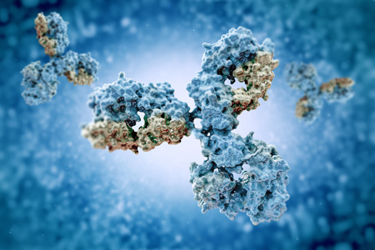Bioconjugates – An Increasing Diversity, A Blossoming Of Therapeutic Applications

Bioconjugation has become a fundamental technology with far-reaching applications, particularly in the fields of biomaterials for medical devices and biosensors for diagnostic tools. However, its most transformative impact is arguably in the development of targeted therapies. At its core, bioconjugation involves chemically linking a therapeutic agent to a biological targeting molecule, such as an antibody, to create a hybrid structure known as a bioconjugate. These bioconjugates are designed to achieve two key objectives: improving the potency of a therapeutic agent and ensuring its precise delivery to a specific target within the body.
This targeted approach offers a significant advantage over conventional treatments, as it enhances drug efficacy while reducing off-target effects, thereby minimizing potential side effects. By directing therapeutic compounds specifically to diseased cells or tissues, bioconjugates offer the potential for more efficient and safer treatment options.
A wide array of bioconjugate types is now available, each tailored to address different medical challenges. These include antibody-drug conjugates (ADCs), which deliver cytotoxic drugs directly to cancer cells, as well as nucleic acid-based conjugates, peptides, and nanoparticles that target various diseases. As this technology continues to evolve, bioconjugation is driving advancements across multiple therapeutic areas, from oncology to infectious diseases, offering hope for more personalized and effective treatments.
Get unlimited access to:
Enter your credentials below to log in. Not yet a member of Outsourced Pharma? Subscribe today.
